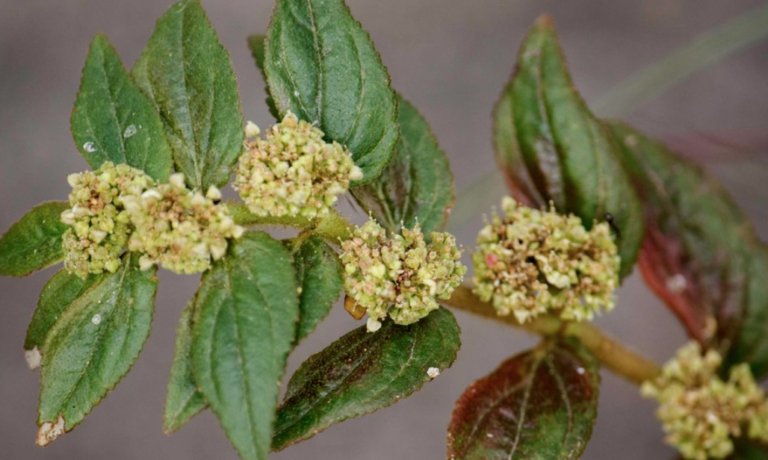Euphorbia hirta, commonly known as the asthma plant, is a herbaceous species prevalent in tropical regions worldwide. Traditionally, it has been utilized for its medicinal properties across various cultures.
Traditional Medicinal Uses
Respiratory Health:
Euphorbia hirta has been employed to address respiratory conditions such as asthma, bronchitis, and coughs. Its bronchodilatory and expectorant properties are believed to ease breathing difficulties.
Gastrointestinal Relief:
The plant has been traditionally used to treat gastrointestinal disorders, including diarrhea, dysentery, and intestinal parasites. Its antispasmodic properties may alleviate symptoms associated with these conditions.
Dermatological Applications:
Topical applications of Euphorbia hirta have been used to treat skin ailments such as wounds, warts, and fungal infections. Its antimicrobial and anti-inflammatory properties contribute to its effectiveness in promoting skin health.
Phytochemical Composition and Pharmacological Activities
Euphorbia hirta contains a variety of bioactive compounds, including flavonoids, tannins, and polyphenols, which contribute to its medicinal properties. These compounds have been associated with antioxidant, antimicrobial, and anti-inflammatory activities.
Modern Research and Applications
Recent studies have explored the potential of Euphorbia hirta in various therapeutic areas:
Antimicrobial Effects:
Research indicates that Euphorbia hirta exhibits antibacterial and antifungal activities, supporting its traditional use in treating infections.
Antioxidant Properties:
The plant’s antioxidant capacity suggests potential benefits in mitigating oxidative stress-related conditions.
Wound Healing:
Studies have demonstrated the efficacy of Euphorbia hirta extracts in promoting wound healing, attributed to its anti-inflammatory and antimicrobial properties.
Preparation and Usage
Traditionally, Euphorbia hirta is prepared as a tea or decoction for internal use, while poultices or pastes are applied externally for skin conditions. However, standardized dosing and preparation methods are not well-established.
Safety and Precautions
While Euphorbia hirta has a history of traditional use, caution is advised due to potential side effects such as nausea and vomiting. Pregnant and breastfeeding women, as well as individuals with gastrointestinal disorders, should avoid its use. Consultation with a healthcare professional is recommended before incorporating Euphorbia hirta into any treatment regimen.
In conclusion, Euphorbia hirta holds a significant place in traditional medicine with emerging scientific evidence supporting some of its uses. Further research is necessary to fully elucidate its therapeutic potential and establish safe and effective application guidelines.
